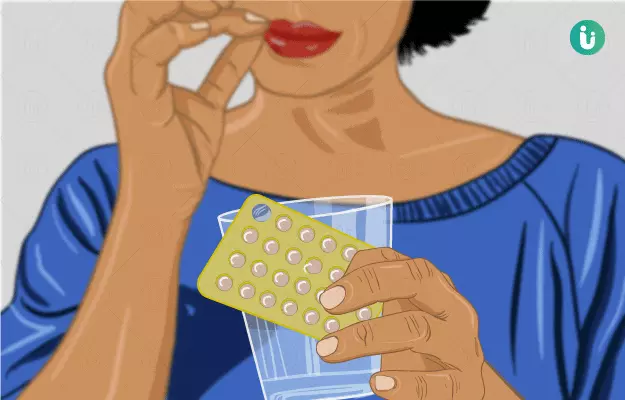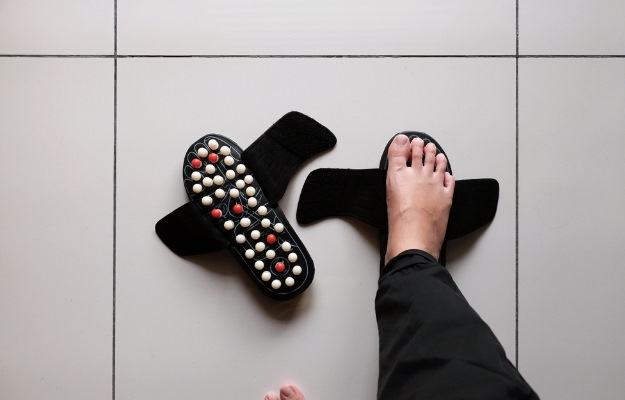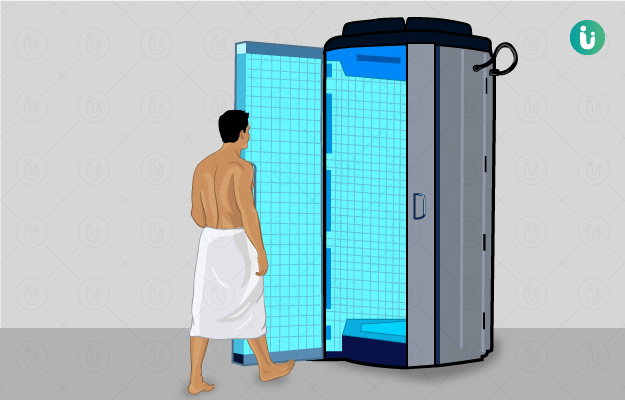Menopause is the phase in a woman’s life which marks the end of menses (periods). After menopause, the ovaries stop releasing eggs and the woman can no longer get pregnant naturally. Usually, a woman goes through menopause around the age of 45-55 years. There are certain symptoms that are seen in the first few years after menopause begins.
The postmenopausal symptoms involve:
- Vasomotor symptoms: These symptoms are associated with the dilation and contraction of the blood vessels. These symptoms include hot flashes, flushes, and night sweats.
- Genitourinary symptoms: These symptoms are associated with the genital and urinary system. One of the main symptoms of menopause is the thinning of the mucus line of the urethra, urinary bladder, vagina and vulva. The other symptoms involve the loss of vaginal elasticity, reduced vaginal secretions making it dry and collapsing of the vessels beneath the mucosa. Some people may also suffer from stress urinary incontinence (leaking of urine on slightest pressure like coughing and sneezing).
- Bone symptoms: After menopause, progressive bone loss has been reported, which makes them prone to post-menopausal osteoporosis.
- Psychological symptoms: After menopause, women may suffer from mood swings, insomnia, anxiety, low libido (sex drive) and even depression in some cases.
Hormone replacement therapy (HRT) is the treatment used to supplement women with hormones like progesterone and estrogen, which are not produced by the ovaries after menopause.
This therapy helps in relieving the symptoms of menopause by mimicking the hormones created by human therapy.
Estrogen controls a woman’s reproductive cycle and helps in maintaining the bone density, skin temperature and vaginal moisture. Progesterone helps in maintaining the inner lining of the uterus, which is medically called the endometrium.
Hormone replacement therapy is available in two forms: only estrogen HRT and combination HRT (progesterone with estrogen). HRT can be given in the form of a tablet, gel, rings, skin patches and implants.
Side-effects of hormone replacement therapy like bloating, pain and tenderness in breasts, mood swings and vaginal bleeding makes it less popular among some women. Those who do not want to get HRT can also manage the post-menopausal symptoms by doing regular exercise, eating healthy and quitting unhealthy habits like smoking and drinking.







































